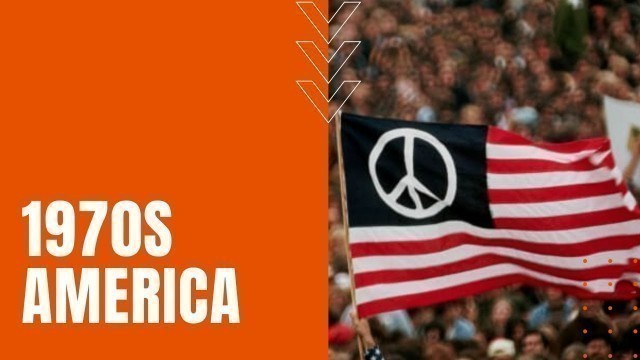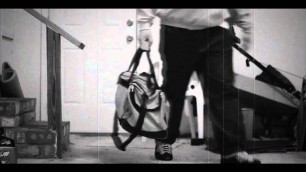

'1970s America, coined the \'Me\' decade by Tom Wolfe, saw a reversal in the communal attitudes of the 1960s. The decade was marked by environmental protection, racial equality, Nixon\'s resignation, the Fall of Saigon, disco, and more. The Daily Dose provides microlearning history documentaries like this one delivered to your inbox daily: https://dailydosenow.com Learn more: https://dailydosenow.com/1970s Subscribe for daily emails: https://subscribe.dailydosenow.com/ Become a Patron: https://patreon.com/dailydosenow Follow us on social media: Twitter: https://twitter.com/TheDailyDose18 Facebook: https://www.facebook.com/thedailydosenow Click to subscribe on YouTube: https://www.youtube.com/channel/UCuYZAnKoZYXAKKpsi_-90Tg?sub_confirmation=1 #1970s #Documentary #History Today\'s Daily Dose short history film covers the social, political and cultural trends of America in the 1970s. The filmmaker has included the original voice over script to further assist your understanding: Today on The Daily Dose, America in the 1970s. Summing up the 1970s, novelist Tom Wolfe coined the term \" \'Me\' decade\" in his essay “The ‘Me\' Decade and the Third Great Awakening,” published by New York Magazine in August of 1976. The term described a general new attitude of Americans towards atomized individualism, while turning away from the communal brotherhood of the 1960s (Summer of Love footage). Many Americans, particularly working class and middle class whites, responded to the turbulence of the late 1960s–the race riots, the antiwar protests, the hippy counterculture movement–by embracing a new kind of conservative populism. Fed up with what they saw as soft underbelly hippies and whiny anti-everything protestors, they had also grown weary of a federal government that appeared to coddle the poor at taxpayer’s expense, forming a political movement that became known as the “silent majority.” In some ways, though, 1960s liberalism continued to flourish in a growing crusade to shut down environmental abuse after the Love Canal toxic waste spill and the near meltdown at Three Mile Island nuclear power plant. During the 1970s, many groups of Americans continued to fight for expanded social and political rights, including the 1972 ratification of the Equal Rights Amendment to the Constitution. Affirmative Action v. Reverse Discrimination became a forefront issue in America’s ongoing fight for racial equality, until a 1978 Supreme Court ruling limited the use of numerical quotas, but recognized that race could be used as one of the factors in admission policies for colleges and universities. The OPEC-inspired oil crisis of 1973 saw long lines at gas stations due to fuel shortages and gas rationing programs, while Nixon would resign from office to avoid impeachment due to the Watergate Scandal (insert “Won’t have Nixon to Kick around anymore). War ended in Southeast Asia with the Fall of Saigon, while back on the home front, the fad-happy decade saw the birth of 8-track tapes and disco sensations such as Abba, Olivia Newton-John, Donna Summer and the Bee Gees. On the rock front, bands like the Rolling Stones, Van Halen, Pink Floyd and Queen dominated the airwaves, while soft rock solo artists like Jackson Brown and Billy Joel packed stadiums wherever they performed. Insert time lapse And there you have it, America in the 1970s, today on The Daily Dose.'
Tags: 1970s , 1970s fashion , 70s , 70s fashion , Civil rights , The Daily Dose , daily dose , dailydosenow.com , daily dose documentary , the 70s , america in the 1970s , america 1979s , america 1970s documentary , what happened in the 70s , what did people wear in the 70s , Tom Wolfe , 1970s culture
See also:

















comments